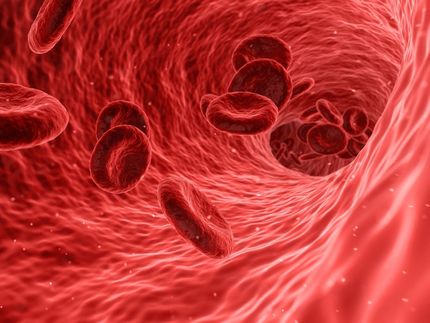Penn biologists determine microRNA activity is suppressed in mouse ovum
Advertisement
Biologists at the University of Pennsylvania studying oocytes in mice, the immature egg cells necessary for sexual reproduction, have demonstrated an unusual behavior in microRNA, or miRNA, activity that may be the first event in reprogramming the differentiated oocyte into pluripotent blastomeres of the embryo. microRNAs are a member of the family of small RNAs, the so-called dark matter of the biological world.
MicroRNAs imperfectly pair with untranslated regions of RNA and mediate translational repression and mRNA degradation — hallmarks of the gene expression process. The Dicer enzyme, which generates small RNAs in the miRNA and RNA interference pathways, is essential for meiotic maturation of mouse oocytes.
The scientists found that the mRNA population in oocytes lacking Dicer was not enriched in miRNA binding sites, implicating a weak impact of miRNAs on regulating mRNA stability. To explore further this possibility, the scientists injected a reporter transcript, a message RNA that is not a normally present in the oocyte but contained sequences that would interact with miRNAs in the oocyte. In somatic cells, such a message would be degraded and suppressed by micro RNA. However, in oocytes, there is minimal translational repression and no degradation of the message. The finding that this pathway does not operate in oocytes is most surprising because miRNAs are implicated in controlling cell differentiation.
The data, according to researchers, presents a puzzling paradox. "Although mouse oocytes produce miRNAs, their mRNA targets are poorly repressed," said Richard Schultz, associate dean for the natural sciences and the Charles and William L. Day Distinguished Professor of Biology in Penn's School of Arts and Sciences. "Reducing miRNA activity during oocyte growth may have two roles. First, the low activity of miRNA-mediated mRNA degradation, perhaps linked to the absence of P bodies (structures that are implicated as sites of miRNA-mediated mRNA degradation) may contribute to mRNA stability and accumulation of mRNA in growing oocytes. Second, down-regulation of the miRNA pathway may be required for oocyte-to-zygote transition."




















































